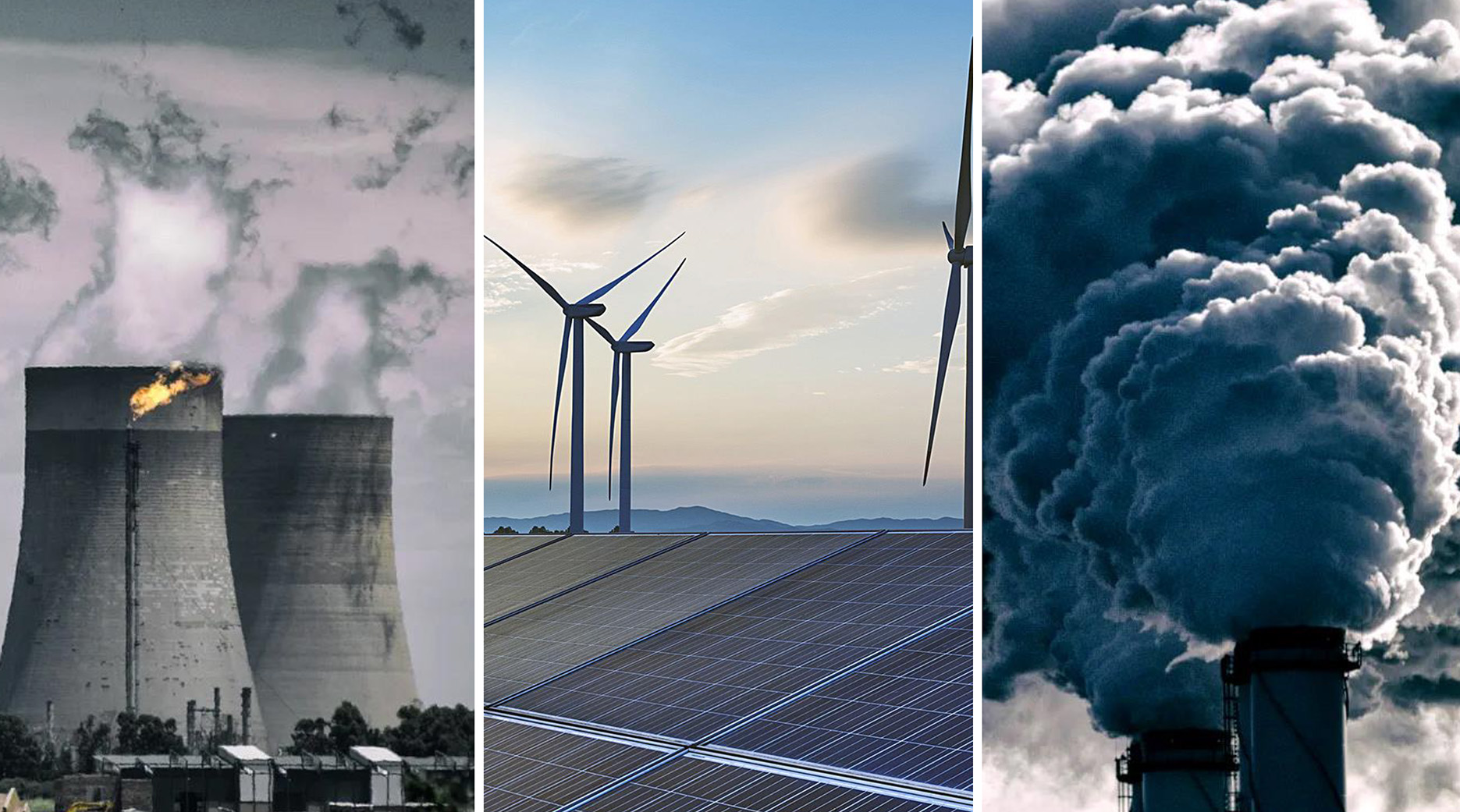In a webinar on Thursday, Sonwabo Damba, an energy planning specialist at the Department of Mineral Resources and Energy (DMRE), said the planners at the department “don’t think it would be possible to get to a point where we get to net zero by 2050”.
The World Resources Institute (WRI) explains that “net-zero emissions, or “net zero,” will be achieved when all emissions released by human activities are counterbalanced by removing carbon from the atmosphere in a process known as carbon removal.”
They continue that “achieving net zero will require a two-part approach: First and foremost, human-caused emissions (such as those from fossil-fueled vehicles and factories) should be reduced as close to zero as possible. Any remaining emissions should then be balanced with an equivalent amount of carbon removal, which can happen through natural approaches like restoring forests or through technologies like direct air capture and storage (Dacs).”
Toward the end of 2023, the United Nations Framework Convention on Climate Change (UNFCCC) released its highly-anticipated Synthesis Report on the Technical Dialogue of the first Global Stocktake, an integral component of the Paris Agreement, is a critical mechanism for evaluating the world’s progress in mitigating climate change and adapting to its impacts.
Among the report’s more startling key findings is that, “Global emissions are not in line with modelled global mitigation pathways consistent with the temperature goal of the Paris Agreement, and there is a rapidly narrowing window to raise ambition and implement existing commitments in order to limit warming to 1.5 °C above pre-industrial levels.”
Read more in Daily Maverick: ‘Humanity has opened the gates to hell,’ says UN chief after major report issues climate crisis warning
Numerous reports from the UNFCCC have concluded that in order to avert the worst impacts of climate change and preserve a livable planet, global temperature increase needs to be limited to 1.5°C above pre-industrial levels. Currently, the Earth is already about 1.1°C warmer than it was in the late 1800s, and emissions continue to rise. To keep global warming to no more than 1.5°C — as called for in the Paris Agreement — emissions need to be reduced by 45% by 2030 and reach net zero by 2050.
According to the Climate Action Tracker, as of November 2023, at least 145 countries have announced or are considering net-zero emissions targets, covering around 90% of global greenhouse gas emissions.
On Thursday, the DMRE held a technical briefing on the recently promulgated draft Integrated Resource Plan (IRP 2023). It was in this webinar that Damba acknowledged the difficulties South Africa faces in meeting its climate ambitions.
Read more in Daily Maverick: ‘A shoddy piece of work’ — experts decry South Africa’s new blueprint for energy
When asked how the two proposed “horizons” or pathways envisaged in the draft IRP align with net zero emissions, Damba shared his uncertainty.
“How are the scenarios in line with the net zero position for 2050?”, Damba asked rhetorically.
Answering the question, he said, “what we know is that given what we’ve seen — and this is just an observation that we’re sharing here — is that to get to a Net Zero position by 2050 is going to be extremely difficult”.
“From what we’ve seen — and it’s on two fronts — the first one is that you probably would have some power stations that will operate beyond 2050 — the newest ones — and then also if you look at the scenario that has got the least-cost, which has got renewables and gas in particular, and you see the utilisation of gas towards the end of the study period, you realise that because of how the electricity demand grows from 2040 but also some power stations will also be shutting down in that period. You see that the gas that you have in the system will be expected to run at a very high capacity factor unless you’ve got a substitute technology that uses a clean fuel.”
He continued, “Our view or our observation is that the net zero position up to 2050 might be obtained by obtaining offsets like carbon sinks and the like but we don’t think it would be possible to get to a point where we get to net zero by 2050.”
In a seeming attempt to allay some of the concerns about these statements, DMRE Director General, Jacob Mbele, sought to both define net zero and explain that the definition is not yet settled.
“Net zero does not mean zero emissions,” he said, adding that “It means other mitigating measures ultimately resulting in zero emissions.
“For example, others what they do to get to net zero, they plant trees. And this is a conversation we’ve had with the team from Presidency and Neocom, specifically for the electricity plan asking ‘what is the definition of net zero?’ and it’s a discussion that’s ongoing that we obviously have to take into account when we finalise the [Integrated Resource] Plan as we’re proposing.” DM
https://www.youtube.com/watch?v=REeWvTRUpMk
South Africa
DMRE admits South Africa probably won’t reach net zero emissions by 2050





